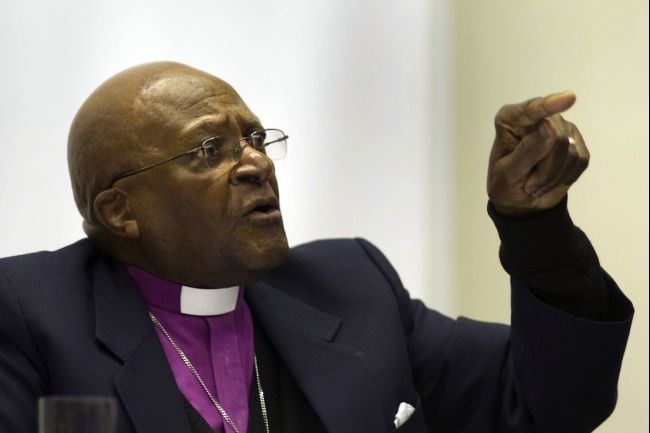The Egyptian Coptic Orthodox Church is studying ‘loosening’ the regulations for issuing second marriage licenses, according to state media.
The move comes after a vote Wednesday on a new personal status chart which the church announced was approved unanimously.
The new chart is expected to raise the ratio of divorce, according to a report by the state-run newspaper Al-Ahram which quoted an anonymous source at the church.
After the approval of the chart, it should be drafted as a law by the church to be presented to the parliament for final approval.
The personal status law has caused controversy for decades since it regulates legal marital disputes; between the church’s insistence that it upholds its authority on the matter and the calls by many Coptic Christians to allow civil marriage, the role of the state is almost neutral.
According to the Coptic Orthodox church’s interpretation of the Christian faith, divorces can only take place in case of adultery, a stance the church stood firmly behind, under the late Pope Shenouda, since the latest amendment of the law in 2008.
A previous version of the law that stood for 70 years was less reluctant to allow divorce and had other reasons for divorce other than adultery, including conversion to other beliefs, if one of the partners were sentenced to prison for more than seven years, domestic abuse, mistreatment, and other reasons.
The Coptic Orthodox church is the dominant Christian institution in Egypt. However, other churches have different opinions on civil marriage and on the personal status law in general.
“The state wanted to widen the causes of ‘presumptive adultery’,” the Egyptian Initiative for Personal Rights (EIPR) researcher on freedom of religion and belief, Ishak Ibrahim, told Daily News Egypt.
The term “presumptive adultery” was introduced to add more causes that would allow a divorce. Ibrahim explained that Coptic Christians who want divorce for reasons other than adultery would go to the court and obtain a divorce decree, which the church would reject.
The new amendments to the chart include that evidence of extra-marital affairs for one of the partners and abandonment both qualify as presumptive marriage.
“The procedures the church is proposing would ease divorce since it would also preserve its authority over marriage,” Ibrahim said and noticed it is the main reason the church is blatantly opposing civil marriage. “We hope that there would be civil marriage since it is the more appropriate exit for partners in a marriage.”
The Egyptian Commission for Rights and Freedoms (ECRF) issued a policy paper Monday opposing the “presumptive adultery” and calling for a return to the 1938 law.




